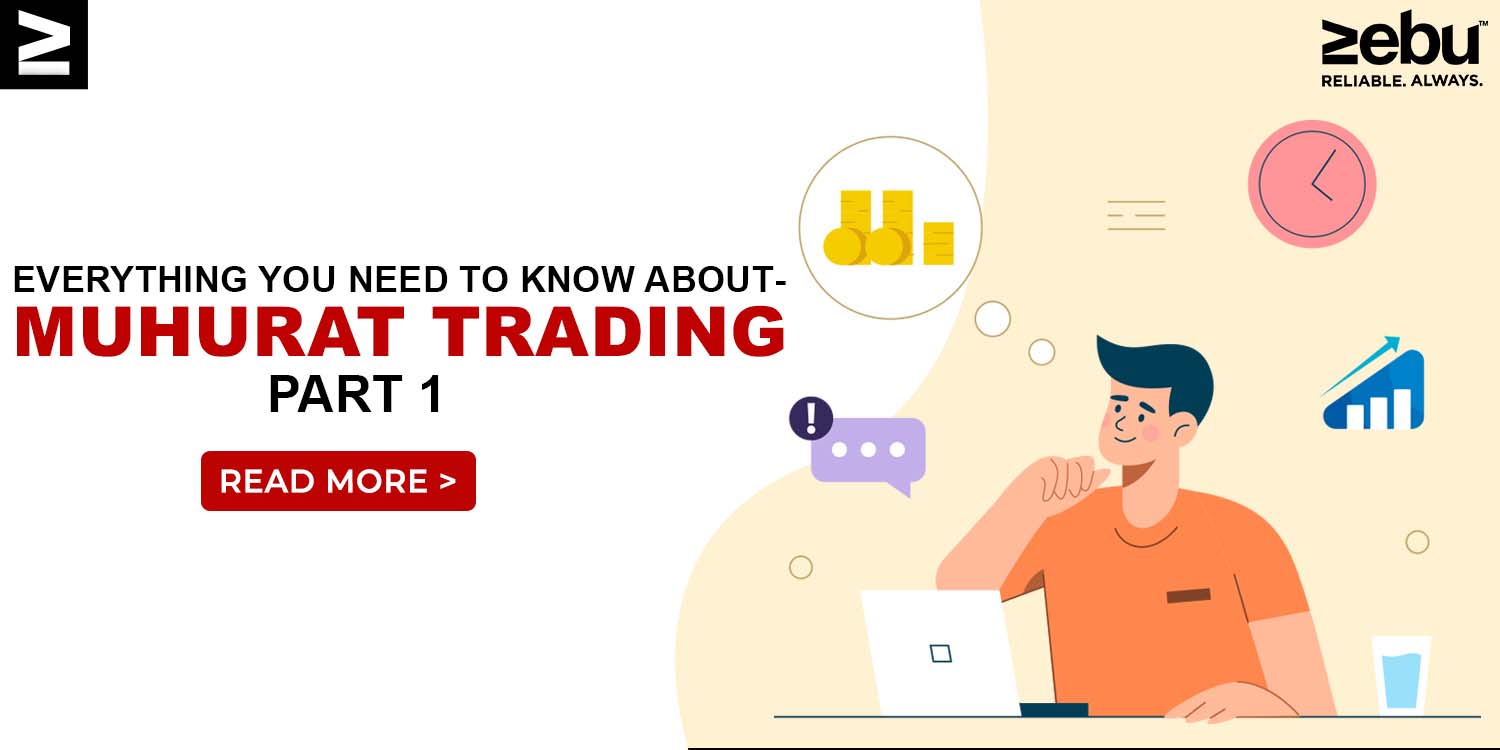
The Hindu calendar says that the Festival of Lights, or Diwali, is a lucky time. It shows that good wins over bad, that knowledge wins over ignorance, and that light wins over darkness.
Diwali has a lot of different traditions, rituals, and beliefs that go along with it, just like any other religious holiday. One of these is Muhurat trade. Today, we’re going to talk about this tradition and tell you everything you need to know about it.
What is Muhurat Trading?
Before we answer the question, “What is Muhurat Trading?”, let’s take a look at the word “Muhurat.” The word “Muhurat” means a fortunate time. Hindu traditions say that muhurat is a time when the planets are in a good position to make sure success.
A lot of traders in India follow a tradition called “Muhurat Trading.” On Diwali, this one-hour window is thought to be a good time to buy stocks. The time for Muhurat trading is set by the stock market every year.
The belief is that people who trade at this time are said to have a higher chance of being rich and successful for the rest of the year. As a gift to Goddess Lakshmi, most people choose to buy stocks around this time, which is often the evening of Diwali. This is only in the Indian stock market.
Muhurat Trading’s History
When did Muhurat Trading get its start?
Many stockbrokers started their new year on Diwali. So, during Diwali, they would open new settlement accounts for their clients during a lucky time called the Muhurat. On Diwali, brokers would also worship their ledgers by doing Chopda Pooja.
Many people believe that this time is lucky, so muhurat trade has become more of a symbol than a traditional practise. Most Hindu investors do Lakshmi Pujan, which is a prayer to Goddess Lakshmi, and then buy shares in strong businesses that have the potential to make money in the long run.
How do things work at Muhurat Trading?
The National Stock Exchange (NSE) and the Bombay Stock Exchange (BSE) both let people trade on Diwali for a short time. Most of the time, the session has the following parts:
1. Block Deal Session: This is when two people agree to buy or sell a security at a set price and let the stock exchange know about it.
2. During the pre-open session, the stock exchange decides on the price that is just right (usually around eight minutes).
3. During the normal market session, which lasts an hour, most trading takes place.
4. Auction Session: this is when securities that are hard to sell are traded. A security is said to be illiquid if it doesn’t meet the requirements of the exchange.
5. During the closing session, people who trade or invest can place a market order at the closing price.
To open your account with Zebu to invest during the auspicious day of Muhurat trading, get in touch with us now.
To know more about Muhurat Trading, read out next blog for part 2 of this blog post.
Leave a Reply